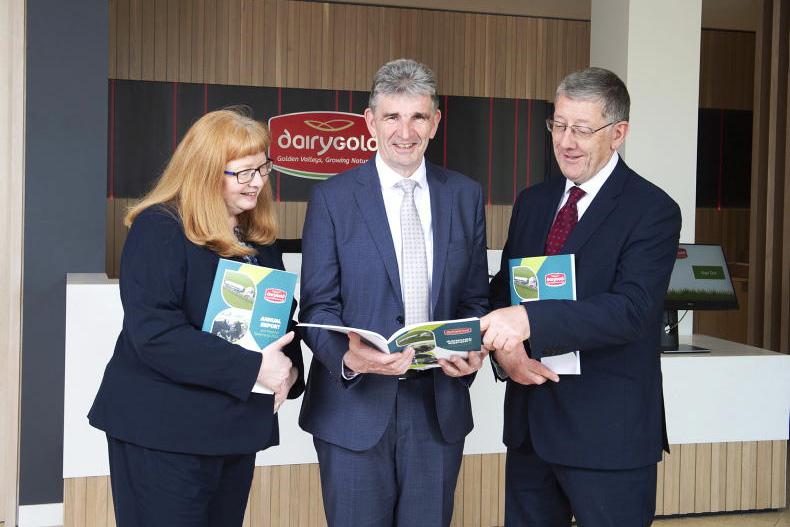Dairygold purchased a 59% stake in Vita Actives, a supplier of nutraceutical ingredients to customers around the world, in mid-2023. The initial consideration was €46.3m, with an extra payment of €13.1m during 2024, giving Vita Actives a valuation of just north of €100m.
Under the terms of the original agreement, Dairygold had the option to buy the balance of the business from June of this year.
Michael Harte, the co-op’s CEO, told the Irish Farmers Journal in April that Dairygold would not be exercising that option, saying that both parties want to stay in the business and the other party, Vita Actives founder Deepak Sharma, was “very, very committed to the overall business”.
As it owns the majority of the business, Dairygold has opted to treat Vita Actives as a subsidiary for the purpose of producing annual accounts. This means that when Vita Actives submitted its annual accounts for 2024, it was actually Dairygold’s annual report which was submitted.
Under Irish company law this is permissible once a Section 357 guarantee is in place. Accordingly, the Companies Act (2014) a Section 357 guarantee is one where there is “an irrevocable guarantee by the holding undertaking of all commitments entered into by the company, including amounts shown as liabilities in the statutory financial statements of the company in respect of that financial year”.
In layman’s terms this means that Dairygold has taken responsibilities for all liabilities of Vita Actives in 2024, as well as all commitments entered into by the company during the year.
Section 357 guarantees are commonplace among companies with a group structure. Dairygold lists 11 subsidiaries in its annual report all of which are covered by Section 357.
In nine of those cases, Dairygold owns 100% of the subsidiary. The other company, Munster Cattle Breeding Group Limited, is 66% held by Dairygold.
When contacted by the Irish Farmers Journal, a spokesperson for the co-op said: “Dairygold has availed of Section 357 to protect its commercial interests, as it believes that disclosing the results separately would be prejudicial to its interests.
“This is a common practice, and where possible, companies use Section 357 to safeguard their interests.
“Additionally, we can confirm that Vita Actives had a very strong trading performance in 2024, in line with expectations and ahead of the original business case,” they said.
A look at other processors’ annual reports showed that they too used Section 357 guarantees for their subsidiaries, but almost exclusively only in the case where the subsidiary is 100% owned.
Tirlán, for example, owns 73% of Grassland Fertilizers (Kilkenny) Ltd and 60% of D Walsh & Sons Ltd, with neither company covered by Section 357 and both publishing their own accounts annually.






 This is a subscriber-only article
This is a subscriber-only article










SHARING OPTIONS: